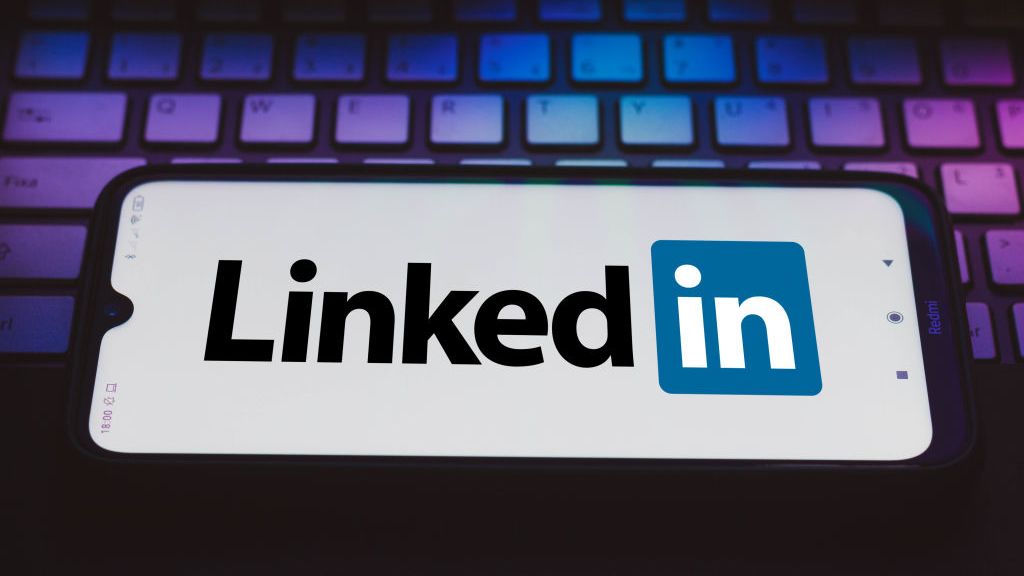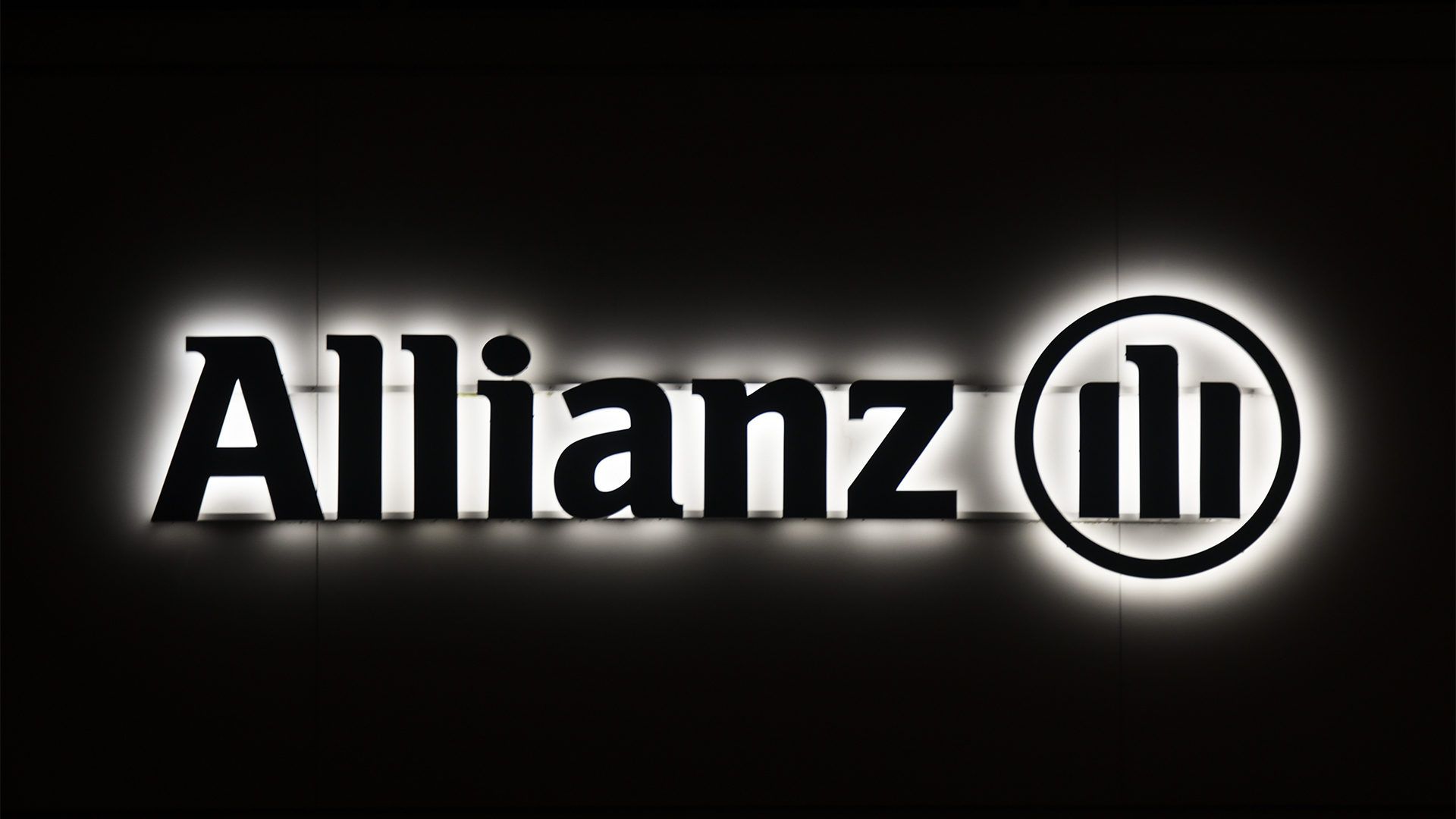LinkedIn phishing attacks have surged 232% since start of February
Hackers are tricking users into clicking on fake LinkedIn alerts in an effort to steal login information


Email phishing attacks that use the LinkedIn brand have increased by 232% since 1 February, 2022, research has revealed.
The attacks tend to use display name spoofing and stylised HTML templates to socially engineer victims into clicking on phishing links and then entering their credentials into fraudulent websites, according to cyber security firm Egress.
The emails use targeted subject lines associated with LinkedIn, including “You appeared in 4 searches this week” or “You have 1 new message”. The emails contain the LinkedIn logo and brand colours, as well as using other well-known organisation names, like American Express, to make the attacks more convincing.
When clicked, the phishing links send the victim to a website that harvests their LinkedIn log-in credentials, according to the research.
Current employment trends are making these kinds of attacks more convincing, with the research citing how “The Great Resignation” continues to dominate headlines as a record number of US citizens left their jobs in 2021 for new opportunities.
“It is likely these phishing attacks aim to capitalise on jobseekers (plus curious individuals) by flattering them into believing their profile is being viewed and their experience is relevant to household brands,” Egress stated in its report.
Although the display name is always LinkedIn and the emails follow a similar pattern, they are sent from different webmail addresses.
Sign up today and you will receive a free copy of our Future Focus 2025 report - the leading guidance on AI, cybersecurity and other IT challenges as per 700+ senior executives
The security company said that it’s unknown whether these attacks are the work of one cyber criminal or a gang operating together. However, most targets are companies in North America and the UK, operating across a variety of industries.
Egress advised that individuals should take extreme caution when reading notification emails that request them to click on a hyperlink, especially on mobile devices. It recommends hovering over links before clicking on them to ensure they are going to a trusted source, and going directly to LinkedIn to check for messages and updates.
Last month, DHL overtook Microsoft as the most frequently mimicked brand for phishing attacks, accounting for 23% of all phishing attempts. Microsoft accounted for only 20% of all attempts, down from 29% the previous quarter. LinkedIn came fifth in the rankings, accounting for 8% of all phishing attempts.
Zach Marzouk is a former ITPro, CloudPro, and ChannelPro staff writer, covering topics like security, privacy, worker rights, and startups, primarily in the Asia Pacific and the US regions. Zach joined ITPro in 2017 where he was introduced to the world of B2B technology as a junior staff writer, before he returned to Argentina in 2018, working in communications and as a copywriter. In 2021, he made his way back to ITPro as a staff writer during the pandemic, before joining the world of freelance in 2022.
-
 Morgan Stanley research warns AI is having a huge impact on jobs
Morgan Stanley research warns AI is having a huge impact on jobsNews Analysis of five sectors highlights an "early warning sign" of AI’s impact on jobs
-
 AI is “forcing a fundamental shift” in data privacy and governance
AI is “forcing a fundamental shift” in data privacy and governanceNews Organizations are working to define and establish the governance structures they need to manage AI responsibly at scale – and budgets are going up
-
 Thousands of Microsoft Teams users are being targeted in a new phishing campaign
Thousands of Microsoft Teams users are being targeted in a new phishing campaignNews Microsoft Teams users should be on the alert, according to researchers at Check Point
-
 Microsoft warns of rising AitM phishing attacks on energy sector
Microsoft warns of rising AitM phishing attacks on energy sectorNews The campaign abused SharePoint file sharing services to deliver phishing payloads and altered inbox rules to maintain persistence
-
 Warning issued as surge in OAuth device code phishing leads to M365 account takeovers
Warning issued as surge in OAuth device code phishing leads to M365 account takeoversNews Successful attacks enable full M365 account access, opening the door to data theft, lateral movement, and persistent compromise
-
 Amazon CSO Stephen Schmidt says the company has rejected more than 1,800 fake North Korean job applicants in 18 months – but one managed to slip through the net
Amazon CSO Stephen Schmidt says the company has rejected more than 1,800 fake North Korean job applicants in 18 months – but one managed to slip through the netNews Analysis from Amazon highlights the growing scale of North Korean-backed "fake IT worker" campaigns
-
 Complacent Gen Z and Millennial workers are more likely to be duped by social engineering attacks
Complacent Gen Z and Millennial workers are more likely to be duped by social engineering attacksNews Overconfidence and a lack of security training are putting organizations at risk
-
 Hackers are abusing ConnectWise ScreenConnect, again
Hackers are abusing ConnectWise ScreenConnect, againNews A new spear phishing campaign has targeted more than 900 organizations with fake invitations from platforms like Zoom and Microsoft Teams.
-
 The Allianz Life data breach just took a huge turn for the worse
The Allianz Life data breach just took a huge turn for the worseNews Around 1.1 million Allianz Life customers are believed to have been impacted in a recent data breach, making up the vast majority of the insurer's North American customers.
-
 A new, silent social engineering attack is being used by hackers – and your security systems might not notice until it’s too late
A new, silent social engineering attack is being used by hackers – and your security systems might not notice until it’s too lateNews Security researchers have warned the 'FileFix' technique, which builds on the notorious 'ClickFix' tactic, is being used in the wild by threat actors.
